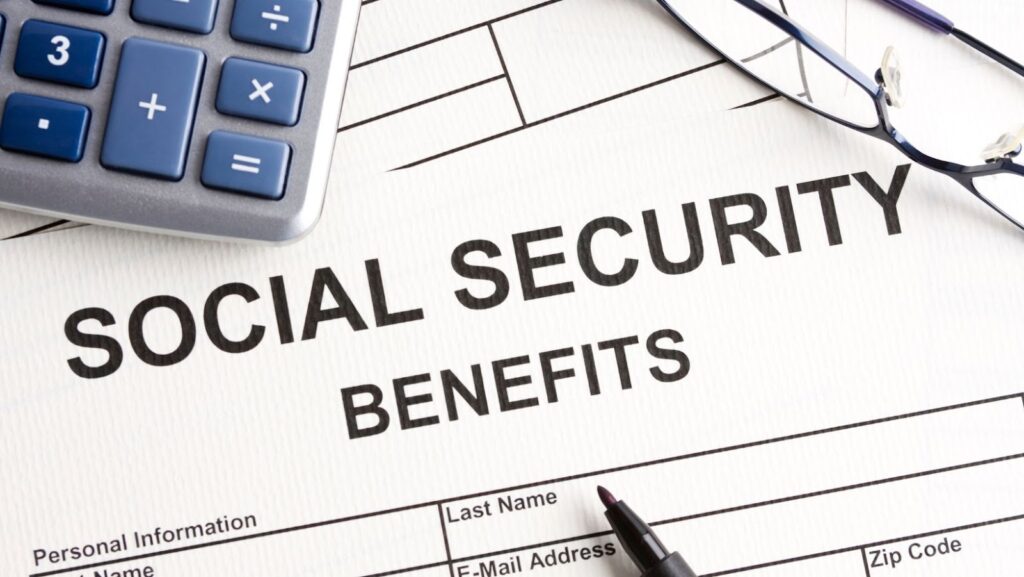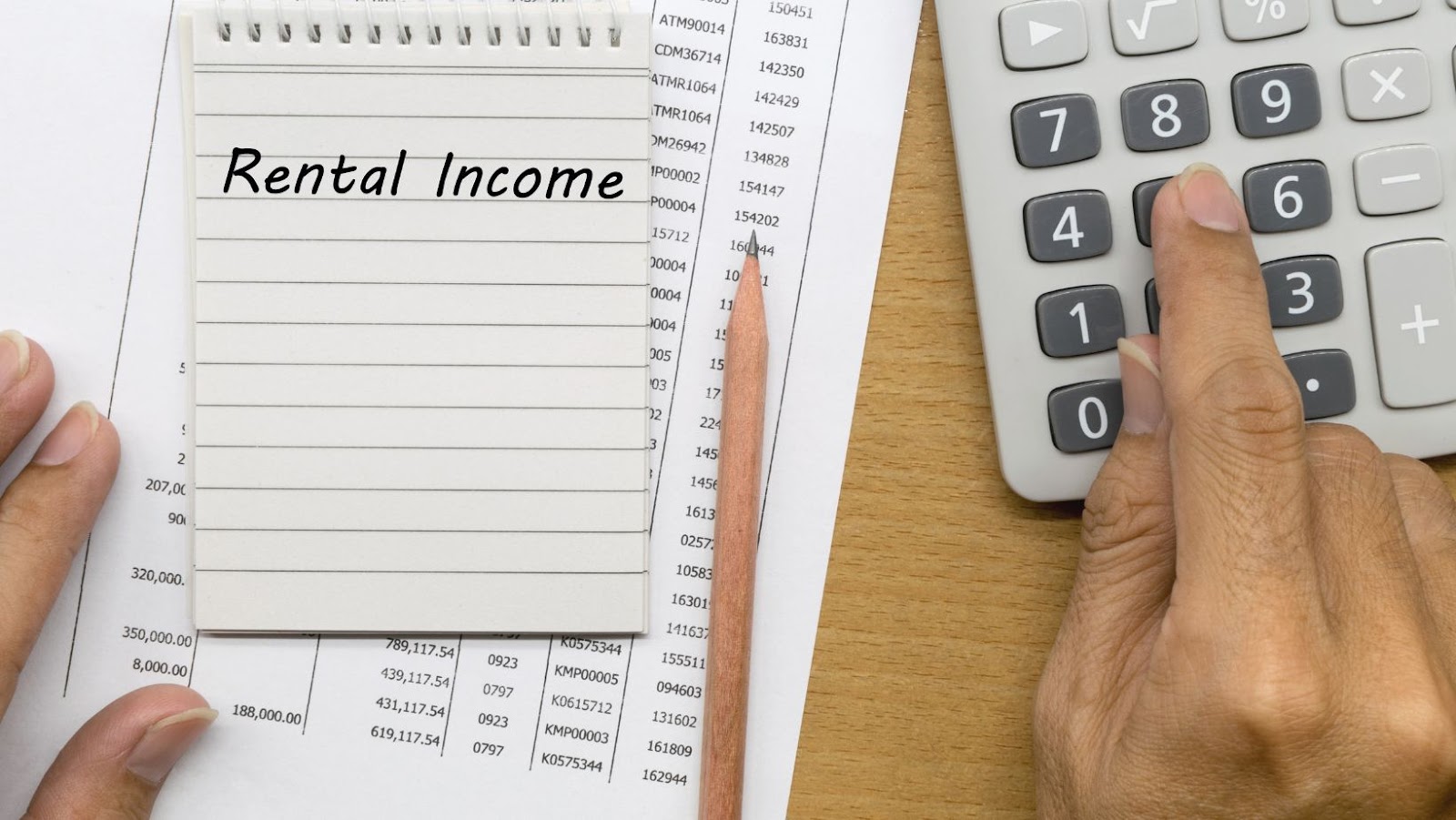
Does Rental Income Impact Your Social Security Benefits? Find Out Now!
As someone who is retired or soon-to-be retired, the amount of rental income you earn affects several aspects of your retirement. One aspect is whether your Social Security benefits are impacted by this additional income.
So, does rental income affect Social Security? The answer is: it depends. Certain factors, such as your Age, Earnings Threshold, and Filing Status can influence whether Social Security benefits will be reduced due to your rental income.
If you are below Full Retirement Age (FRA), receiving additional rental income might reduce your Social Security benefits. However, if you are already past your FRA, your rental income will not affect your benefits. It’s important to carefully consider all the factors and plan accordingly to ensure you are maximising your retirement income.
Does Rental Income Affect Social Security
One question that many retirees might have is whether their rental income affects their social security benefits. The answer to this question is somewhat complex and depends on a number of factors. Let’s delve deeper into the basics of rental income and social security.
First and foremost, it’s important to understand that social security benefits are based on your past earnings and contributions to the system over the years. They are not means-tested, which means that your benefits are not affected by other sources of income, such as rental income or investment income.
However, there is a catch. If you are under the full retirement age (FRA) and you earn above a certain limit, your benefits may be reduced. For example, the 2021 earnings limit is $18,960. If you earn more than that amount, your benefits will be reduced by $1 for every $2 you earn above the limit. Once you reach your FRA, however, this limit no longer applies, and you can earn as much as you want without affecting your benefits.
So how does rental income fit into this equation? Rental income is considered earned income for social security purposes, which means that it can affect your benefits if you are under your FRA and earn more than the earnings limit. However, if you are receiving income from a rental property, you may be able to offset that income with deductions, such as depreciation, property taxes, mortgage interest, and other expenses, which can reduce your taxable rental income and, in turn, the impact on your social security benefits.
The Basics of Rental Income And Social Security
In summary, rental income can affect your social security benefits if you are under your FRA and earn more than the earnings limit. However, there are ways to offset this impact through deductions and other strategies. It’s always a good idea to consult with a financial advisor or tax professional to help you navigate the complex rules and regulations surrounding social security benefits and rental income.
Factors Affecting How Rental Income Impacts Social Security
Whether or not rental income affects your Social Security benefits depends on several factors. Here are some key points to keep in mind:
MAGI (Modified Adjusted Gross Income)
The first thing to consider when it comes to rental income and Social Security is your modified adjusted gross income (MAGI). MAGI is your adjusted gross income (AGI) plus any tax-exempt interest income you may have.
If your MAGI is below a certain threshold, your rental income won’t affect your Social Security benefits at all. However, if your MAGI exceeds this threshold, the amount of rental income you receive could cause your Social Security benefits to be taxed.
Taxable Social Security Income
The amount of rental income you receive can also impact how much of your Social Security income is taxable. Generally speaking, if you have a significant amount of rental income, more of your Social Security benefits will be subject to taxation.
Filing Status
Your filing status can also impact how much rental income affects your Social Security benefits.
For example, if you file as an individual, the threshold at which your Social Security benefits become taxable is lower than if you file jointly with a spouse.
Age And Retirement
Your age and whether or not you’re retired can also impact how rental income affects your Social Security benefits. For example, if you’re below full retirement age and earn too much rental income, your Social Security benefits could be reduced.
Once you reach full retirement age, however, your rental income won’t affect your Social Security benefits. In fact, you could even earn additional income from rental properties without any impact on your Social Security benefits.
In conclusion, whether or not rental income affects your Social Security benefits depends on several factors, including your MAGI, taxable Social Security income, filing status, and age/retirement status. It’s important to understand these factors and how they impact your specific situation before deciding to invest in rental properties.
Reporting Rental Income And Social Security Benefits
When it comes to reporting rental income and Social Security benefits, there is some good news – rental income does not directly affect your eligibility for or amount of Social Security benefits. However, it can still play a role in determining your overall income and taxes owed.
If you are receiving rental income, you must report it to the Social Security Administration (SSA). Failure to report rental income could result in penalties and a reduction in benefits if the SSA decides to recalculate your benefits based on the unreported income. To report rental income, you will need to provide documentation such as a copy of your lease agreement and rental payment records.
Reporting rental income may affect your taxes. Rental income is considered taxable, and you will need to report it on your tax return. Depending on the amount of rental income you receive, it could push you into a higher tax bracket or impact your eligibility for certain tax credits.
It’s also important to note that if you receive rental income as part of a trade or business, it may be considered self-employment income and subject to the self-employment tax, which includes both Social Security and Medicare taxes.
In summary, rental income does not directly affect Social Security benefits but must be reported to the SSA and may impact your taxes and overall income. If you have rental income or are considering renting out property, it is always a good idea to consult with a tax professional to fully understand your reporting requirements and any potential tax implications.
Conclusion
In conclusion, based on the information presented in this article, rental income can affect social security benefits. If you have too much rental income, your benefits may be reduced or even eliminated. However, the impact that rental income has on social security depends on several factors, such as the amount of rental income you receive and your overall income level.
It’s recommended that you consult with a financial advisor or tax professional before making any decisions regarding rental income and social security benefits. They can help you understand the specific rules and regulations that apply to your situation and provide guidance on how to best protect your benefits.
Furthermore, it’s important to note that while rental income may impact social security benefits, it can also provide a valuable source of income and financial security during retirement. By carefully managing your rental properties and maximising your rental income, you can create a sustainable and secure source of retirement income that complements your social security benefits.
In summary, the impact of rental income on social security benefits is complex and dependent on several individual factors. While careful management of rental properties can provide a valuable source of income, it’s important to seek professional guidance to ensure that you’re making informed decisions that protect your overall financial wellbeing.








